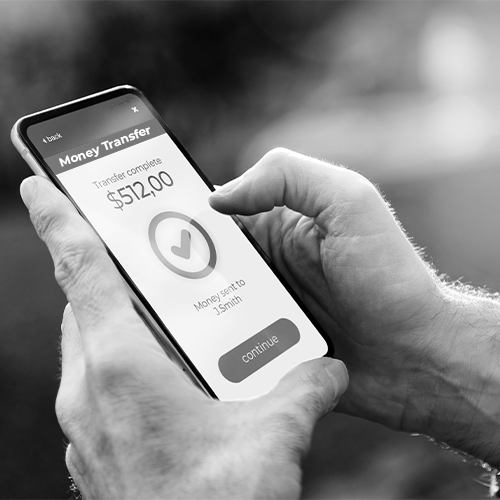Informal Value Transfer Systems | Hawala Banking

There is a plethora of reasons for money transfers, ranging from sending birthday gifts to providing essential support to family members overseas. Informal Value Transfer Systems (IVTS) are adopted by individuals for a multitude of reasons, especially in situations where conventional banking systems are either unavailable or inconvenient.
The term ‘Informal Value Transfer Systems,’ describes systems, mechanisms or networks through which individuals transfer money or value for the purpose of paying funds, or an equivalent value in alternative forms, to another party in a different geographical location in a manner, bypassing the conventional banking system.
An IVTS system requires strategically placed agents or intermediaries, who facilitate the exchange of funds, or value, between customers, normally in the absence of detailed documentation, resulting in more anonymity than available through traditional banking procedures. The process involves a customer transferring funds to an agent, who then coordinates with another agent in a different location to facilitate payment to the intended recipient of the transferred value.
The operation of IVTS can be traced back thousands of years to when banking systems of the nature currently enjoyed did not exist and it was necessary for communities to facilitate cross-border transactions. Such systems were known as ‘hawala’ or ‘hundi’.
IVTS are not inherently illegal and, as mentioned, have represented a form of making cross border payments for many years. However, by their very nature of being outside the regulated banking system, anonymity, and lack of formal documentation they are readily accessible to those engaging in fraudulent financial activity such as money laundering.
Hamraj Kang explains the nature and operation of IVTS and the potential for illegal exploitation.
Potential for Money Laundering
While IVTS is relied upon for the conduct of many legitimate and entirely innocent transactions, the absence of regulation and oversight make them vulnerable for fraudulent activity such as money laundering and terrorist financing.
The anonymity and lack of documentation generally make it difficult for law enforcement agencies to detect the movement of illicit funds and prevent illegal activity.
The increasing involvement of IVTS in money laundering transactions has given rise to greater scrutiny by law enforcement agencies. These agencies may seek to have those funds frozen or forfeited.
Efforts to monitor illegal activity include international collaborations, implementation of increased surveillance, and imposition of regulatory frameworks.
The Financial Action Task Force (FATF), which combats money laundering and terrorist financing worldwide, provides recommendations and guidance to assist in the implementation of measures to prevent the misuse of IVTS.
FATF recognises that a balance must be drawn to maintain the financial services provided by IVTS to those sections of the community reliant upon them and has issued recommendations and guidelines to enhance transparency, accountability, and risk mitigation measures.
Registration in the UK
The operation of an IVTS, being a money service business, requires formal registration with HMRC in the UK, ensuring compliance with regulatory requirements.
In R v Jiang [2022] EWCA Crim 1516 a Chinese national who had engaged in IVTS in the UK, received payments in GBP in the UK and made onward remittance in RMB in China, on behalf of Chinese expats in the UK.
Upon conviction of running an unregistered money service business in the UK, his business was forfeited.
How Can We Help?
Over the span of twenty-five years, KANGS has earned nationwide recognition for its dedicated efforts in representing clients facing allegations of criminal misconduct of every nature.
We have successfully represented Money Service Businesses in disputes and investigations by HMRC. We work proactively with our clients, initiating early discussions and negotiations with all law enforcement agencies to swiftly secure favourable and cost-effective resolutions.
Please do not hesitate to reach out to us using the contact detail below:
Tel: 0333 370 4333
Email: info@kangssolicitors.co.uk
We provide an initial no obligation consultation from our offices in London, Birmingham, and Manchester. Alternatively, we provide initial consultations by telephone or video.







